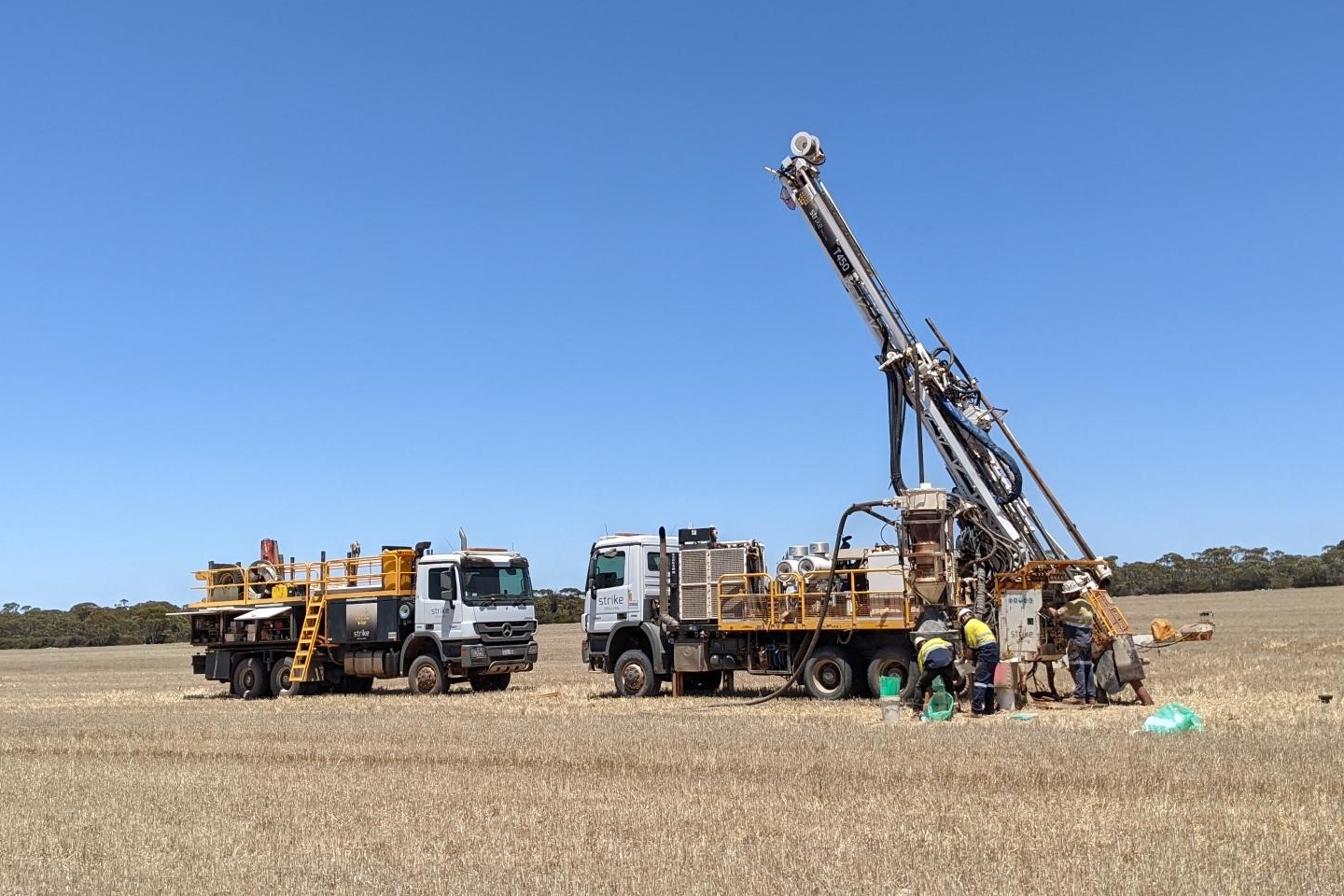Meeka Metals has received positive results from test work at its Cascade Valley rare earths project near Esperance with up to 90.4 per cent of the elements recovered in the less than 20 micrometre fraction.
The company says cheap and simple screening and hydro-cyclone classification can be applied to discard the coarse fraction greater than 20 micrometres and remove up to 65.5 per cent of the mass whilst retaining up to 90.4 per cent of the rare earth elements.
The test work also shows that rare earth grades increase by up to 91 per cent by rejecting the coarser fraction across the light, heavy and magnet rare earth elements categories.
Meeka says the positive results confirm that broadly adopted large scale mineral processing techniques can be applied to remove waste from the process stream prior to leaching. The next phase of metallurgical testing is now underway and will include recovery optimisation test work in addition to leach tests.
Meeka Metals Managing Director, Tim Davidson said: “This positive test work shows most of the rare earth elements are hosted in the fine fraction of the clays. This presents an opportunity to remove waste and significantly upgrade the rare earth grades using simple, cheap and well understood upstream mineral processing techniques.”
Meeka owns 100 per cent of two exploration licences at Circle Valley covering 222 square kilometres of predominantly freehold agricultural land currently used for crop and livestock farming.
Circle Valley is one of two rare earths plays the company has near WA’s southern coast with the second being Cascade to the south-west. Cascade was pegged on the back of Circle Valley’s potential and is an impressive tenure of more than 2000 square kilometres.
Highlights from the company’s recent drill campaign at Circle Valley includes one assay that went 12m at 2690 parts per million total rare earth oxides, or “TREO” including 4m at 6894ppm TREO.
The latest results set an impressive benchmark after assays released in July had previously set a new high for Circle Valley with air-core drilling then returning 2245ppm TREO.
Meeka received consistently high neodymium and praseodymium levels with a standout figure of 31 per cent and several intersections reporting between 20 per cent to 30 per cent. The company’s latest assays also returned high grades of scandium of up to 54 grams per tonne.
Clay-hosted rare earths are generally considered to be a cheaper bulk mining proposition with a relatively simple process flow sheet.
Is your ASX-listed company doing something interesting? Contact: matt.birney@businessnews.com.au














